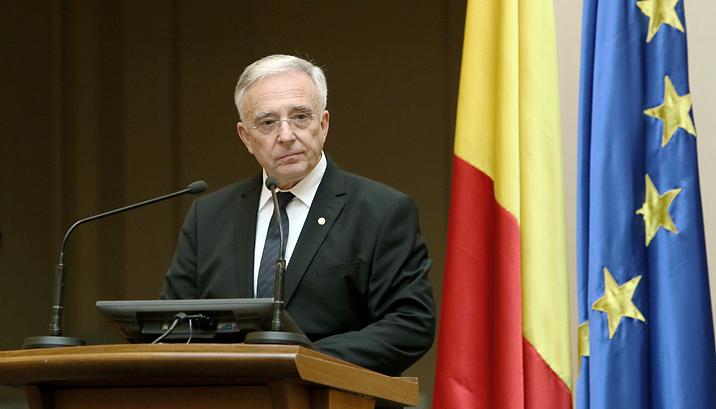Romania’s central bank governor dismisses interest rate manipulation allegations



There’s no collusion whatsoever among banks in setting the interbank money market interest rates ROBOR, Romania's National Bank (BNR) governor Mugur Isarescu testified in front of the lawmakers who summoned him to settle a deadlock related to the so-called “greed tax”, a tax on financial assets proportional with ROBOR.
Senator Daniel Zamfir of the Alliance of Liberals and Democrats (ALDE), the junior coalition partner, led the hearings.
Zamfir, a known adversary of BNR, accused the central bank earlier this year of manipulating the ROBOR. He pressured the BNR governor into coming before the Parliament's specialty committees for hearings. Isarescu declined his previous two invitations but showed up on Tuesday, February 12. He dismissed allegations that the interbank interest rates could be manipulated and explained the mechanisms that move these rates.
ROBOR hovers between 1.5% and 3.5%, within a one percentage point corridor around the 2.5% monetary policy interest rate, Isarescu explained, local Stirileprotv.ro reported. He added that the interbank rate increased from 0.7% to 3% in the last two years, following the inflation rate increase, from 0.1% at the beginning of 2017 to 5.4% in mid-2018.
Isarescu also told the ruling coalition's MPs that, if they want lower interest rates, they should make sure that three conditions are met: low inflation, low budget deficit, and low external deficit.
As regards the emergency 114/2018, which included among many others the “greed tax”, Isarescu called it “a tax on monetary policy”, which ties the central bank's hands.
"If we increase interest rates to respond to a speculative attack on the foreign exchange market, we will kill the banks,” Isarescu explained, adding that he is most afraid of an attack against the national currency carried out during the night, when the local market is closed.
editor@romania-insider.com
(Photo source: Bnr.ro)